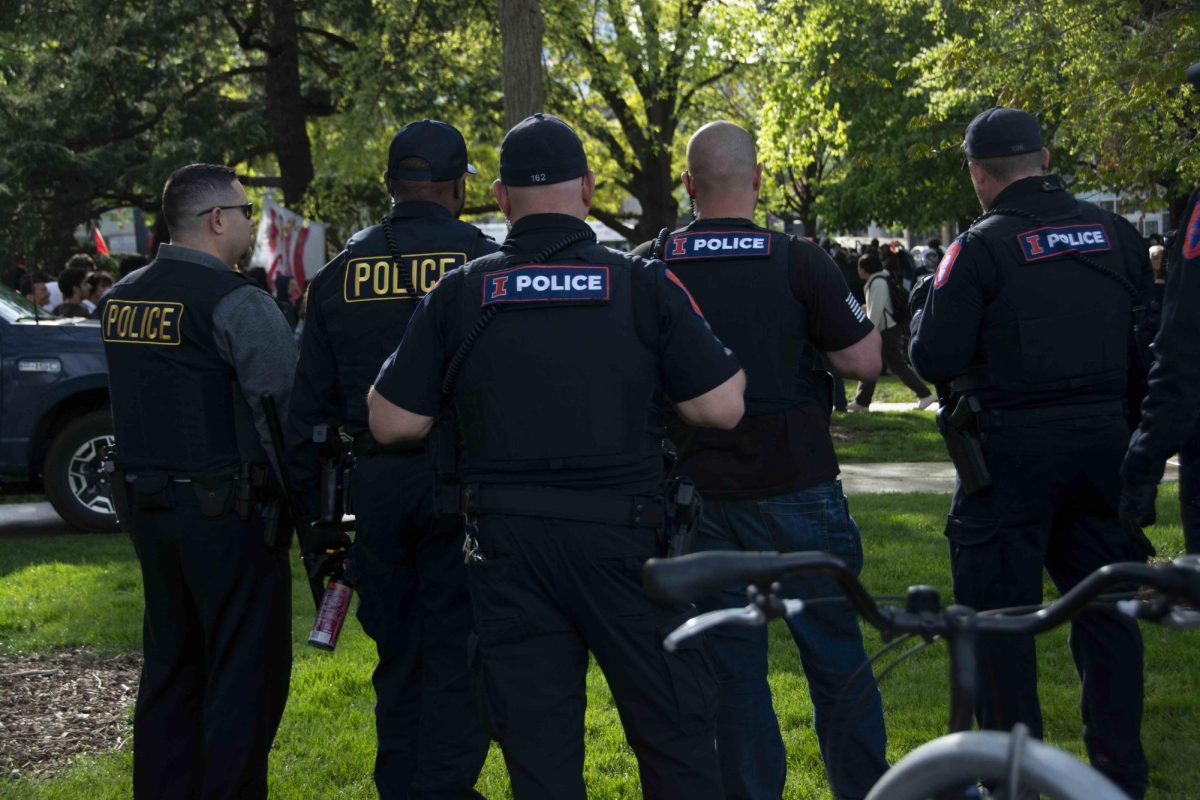The Educational Policy Committee took another step in clarifying the fate of the University’s aviation program at a meeting Monday.
The committee passed a motion to terminate the Institute of Aviation, its professional pilot program and its bachelor of science in Aviation Human Factors degree.
The motion stated the Master’s of Science in Aviation Human Factors degree would be temporarily moved to the University’s Graduate College. The master’s degree would be terminated in two years if a permanent home is not found.
The motion passed with nine members voting in favor of the motion, three voting against it and two abstaining.
The committee’s formal recommendation was placed on the agenda for the next meeting of the Urbana-Champaign Senate on April 25.
Get The Daily Illini in your inbox!
The committee discussed several justifications for its decision to terminate the Institute and programs, the most glaring reason being economic issues.
In a letter to State Senator John Sullivan sent on March 9, President Hogan said the institute received 50 percent of its funding from tuition and another 50 percent from the University’s General Revenue Fund each year. With that being the case, the letter stated the Institute “could not be justified and (the Stewarding Excellence Project Team) arrived at a recommendation that the Chancellor take the necessary steps to close the Institute of Aviation.”
Hogan also said in the letter that the University expected to save between $500,000 to $750,000 annually by closing the institute.
Although Interim Provost Richard Wheeler said at the meeting neither he nor Interim Chancellor Robert Easter were consulted or notified of the president’s letter, the Office of the Provost confirmed the figures in the letter.
Other justifications for shutting down the Institute included a lack of faculty and a pool of students who fell below the University’s average.
“We want to keep a major that has no faculty directly associated with it in an area that costs us money relative to the rest of the need of the University?” asked Paul Diehl, committee member. “The students are below average in terms of admissions criteria. This makes no sense.”
Committee member Steven Michael also said Aviation failed to align with the University’s core mission.
“I do think fundamentally we have to make a decision about what fits. I argue that Aviation does not fit,” Michael said. “These are tough times with tough criteria.”
Before Monday’s meeting, the Educational Policy Committee was on record as opposing the termination of the Institute. Abbas Aminmansour, committee chair, said he attributed the change in opinion to recent developments.
“In my view, the committee has not flip-flopped. The committee in my view has been very responsible in responding and dealing with a very evolving issue,” Aminmansour said. “New information has come out. New developments have taken place.”
Aminmansour cited the separation of Aviation’s programs as an example of such a development.
Prior to Monday’s meeting, the fate of the Institute, the professional pilot program and both the bachelor’s and master’s degrees in Aviation Human Factors were all lumped together. Aminmansour said had the committee not provided the temporary home for the master’s program, committee members may have voted differently.




